A circular economy
Circular economy solutions are needed to safeguard biodiversity and solve the climate crisis. Join us in creating a fair transition to a society in which we maintain the value of what we produce through smarter design and shifting from owning products to using services.
What is it about?
In a world ravaged by the climate crisis, diminishing natural resources and biodiversity loss, growth of the economy and well-being can no longer be based on the wasteful use of natural resources and on buying and owning more and more new goods. We need smarter economic models that will not stop consumption but transform it, making it more sustainable.
The old ways of achieving success are no longer working. We should therefore be among the first countries to make the transition to a fair and competitive circular economy The circular economy An economic model which does not focus on producing more and more goods, but in which consumption is based on using services – sharing, renting and recycling – instead of owning. Materials are not destroyed in the end, but are used to make new products over and over again. Open term page The circular economy in which everyone can use, create and benefit financially from services that are based on sharing, renting and recycling.
The changes are affecting the entire world and the direction for the future needs defining without delay. What we need now is a reform of the world economy – no more and no less. Finland can make a bigger contribution than its size would merit by paving the way for pioneering circular economy solutions across the world.
What do we do?
We are continuing Sitra’s award-winning work on the circular economy. Our current aim is to accelerate the transition to a fair and competitive circular economy. We provide information, tools and solutions for the implementation of this change.
Another goal of ours is to increase the understanding of the positive and negative environmental effects of digitisation and make decision-makers aware of this information. We will show them what kinds of digital solutions can promote the circular economy.
We are also accelerating the development of circular economy solutions created by Finnish companies and businesses, sharing best practices with the rest of the world. We develop tools that companies can use to establish circular economy business models and investigate how business could in future be based on sharing instead of ownership.
The shift needed is so fundamental that no organisation or country can do this alone. This calls for collaboration across boundaries – between countries, organisations, sectors and societal levels. We speed up the global transition to a fair circular economy, working together with organisations from Finland, Europe and around the world.
Who participates?
The circular economy shift is about a fundamental change in the way society functions. In addition to boosting recycling, many other things will also have to be done responsibly: the production of recyclable raw materials and the ways we trade and consume. We therefore work in co-operation with many other sectors of society to develop a circular economy. Businesses, central government and organisations are among those involved.
Finland is known as a pioneer of the circular economy. However, circular economy solutions that work well here are not enough to ensure change unless they spread internationally. The trade and development policy of Finland and the EU and the work of development banks and other parties operating in developing countries can all enable a quicker global transition to a circular economy.
What have we achieved?
The world’s first national road map to a circular economy was drawn up under the leadership of Sitra in 2016. The road map, updated in 2019, plotted Finland’s route to achieving a circular economy by 2025. Its main points of focus were on the role of public administration as an enabler, on the encounters of different societal operators and on mutual co-operation between companies. We have also produced a guide for countries with our learnings on how to create a circular economy road map and and collaborated with UN organisations to compile a digital toolbox and user guide called Building Circularity into Nationally Determined Contributions.
In the transition to a carbon-neutral society, circular economy expertise will be required in all sectors of society and at all workplaces. Since 2017, we have funded the development of circular economy education across the whole education system in Finland to the tune of almost 4 million euros. The learnings from this work are available for all countries.
According to a study carried out by Sitra, the circular economy can increase the value of our national economy by at least 3 billion euros by 2030. To help Finnish companies and industry seize this opportunity, we have developed practical tools to enable them to make their business carbon-neutral.
Our most impactful tool for promoting global circularity is the World Circular Economy Forum. The forum, organised for the first time in June 2017 in Helsinki, is the most important annual international circular economy event and a showcase of circular economy expertise to the world. The 2018 forum was held in Yokohama in Japan before returning to Helsinki in 2019. In 2020, the forum was organised completely virtually, as WCEFonline. In 2021, WCEF+Climate event took place in the Netherlands and online in April, and the annual main event WCEF2021 was organised online from Toronto, Canada in September. WCEF2022 focused on Africa for the first time and was organised in Kigali, Rwanda. WCEF2023 returned to Helsinki and brought up circular solutions for nature and the economy. WCEF2024 was held in Brussels, Belgium and emphasised the importance of turning circular visions into actions. In 2025, the forum will for the first time be organised in South America and take place in São Paulo, Brazil.
Sitra was honoured as the leading public-sector circular economy actor in the world in the Circulars Awards competition at the World Economic Forum in 2018.
Publications
Events
Projects
Ended projects
2015-2023
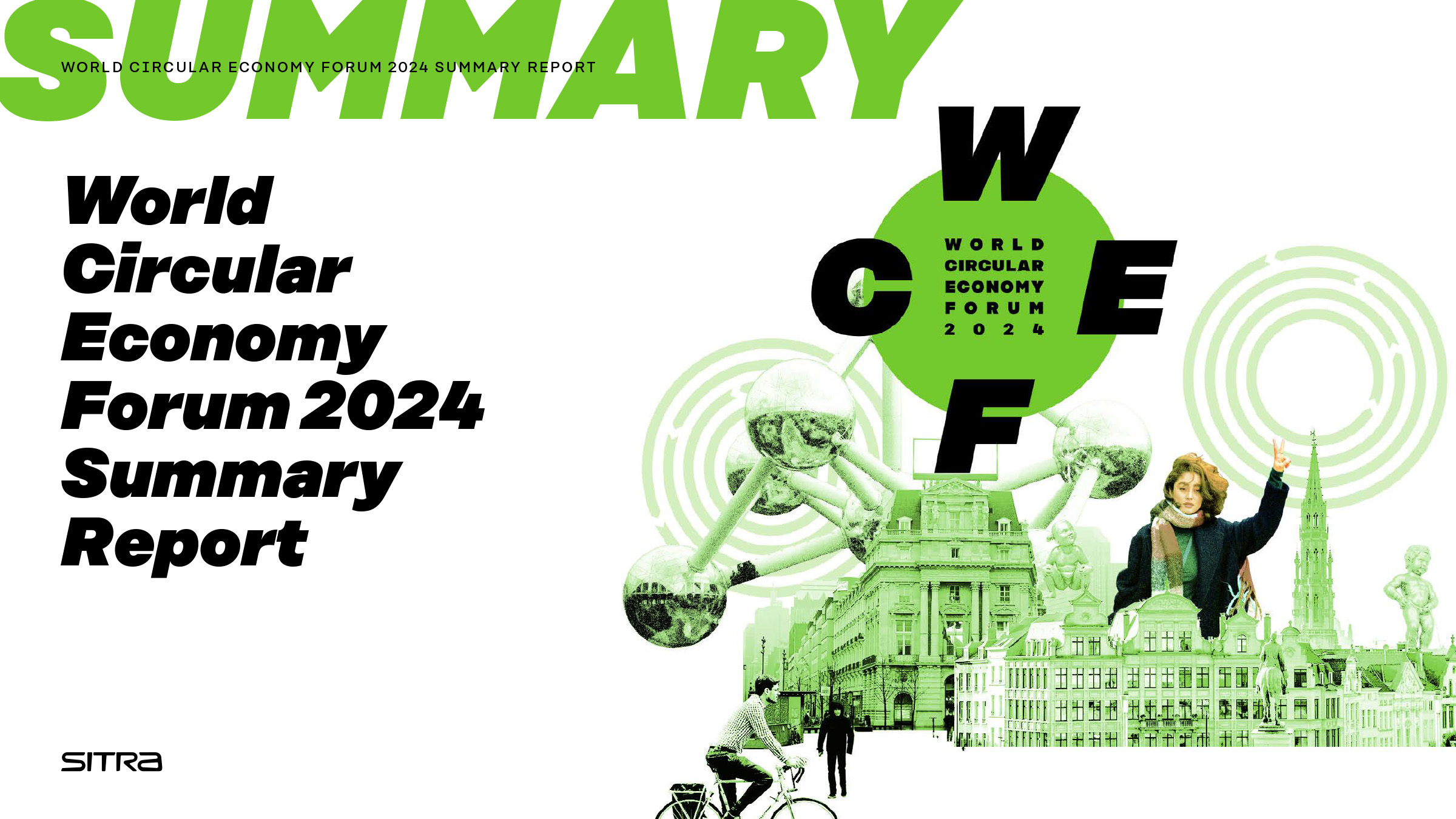
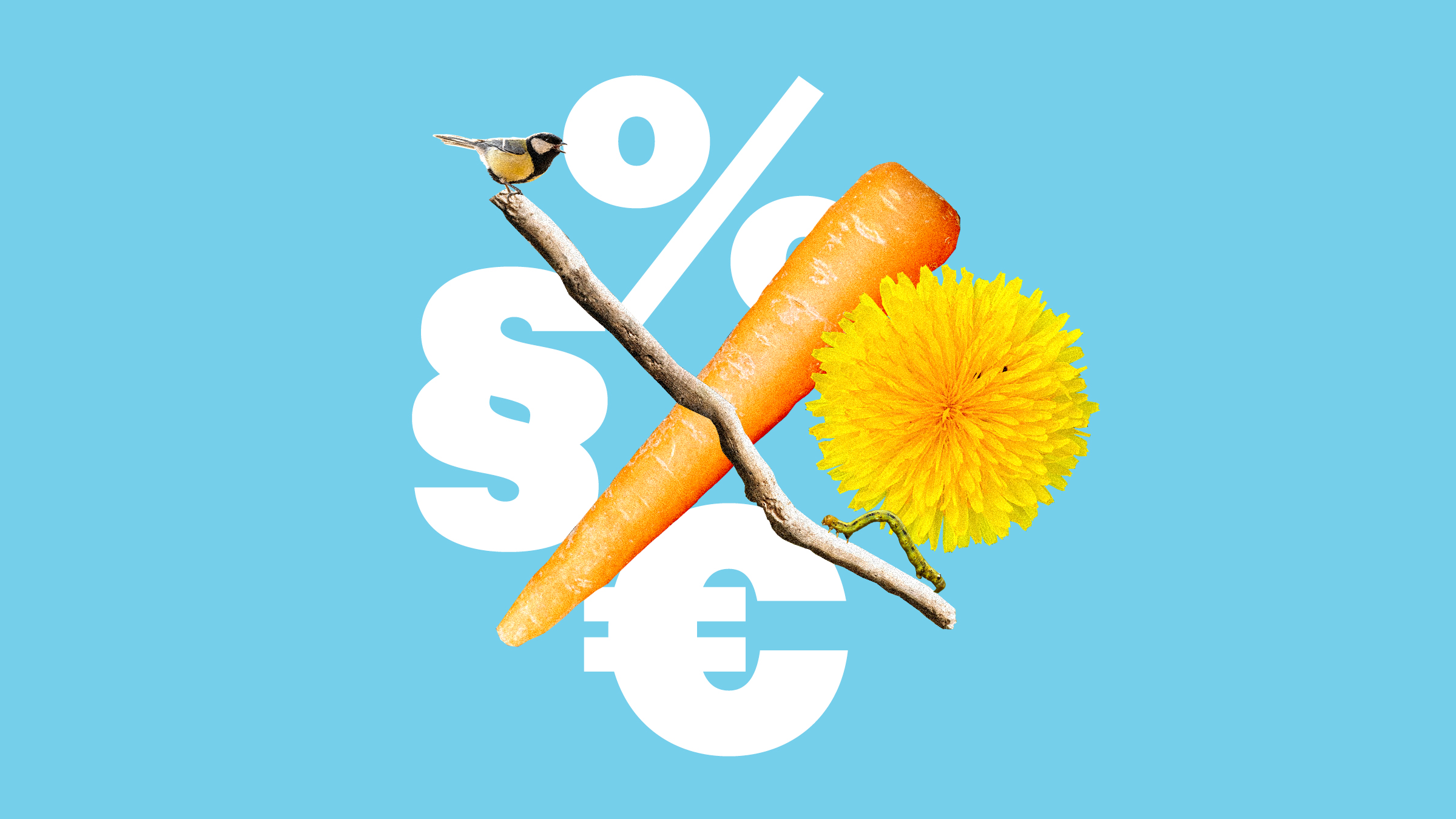

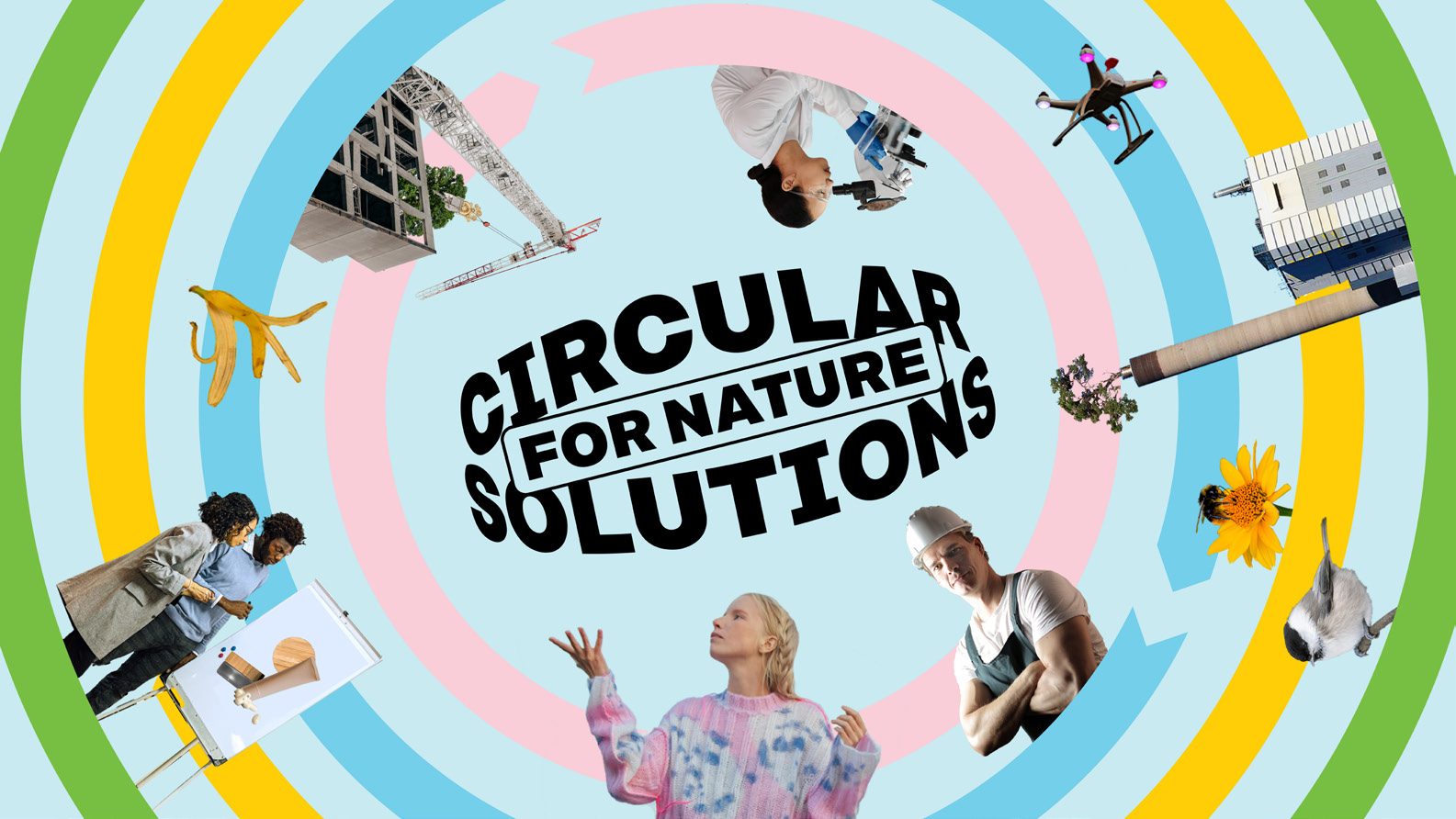
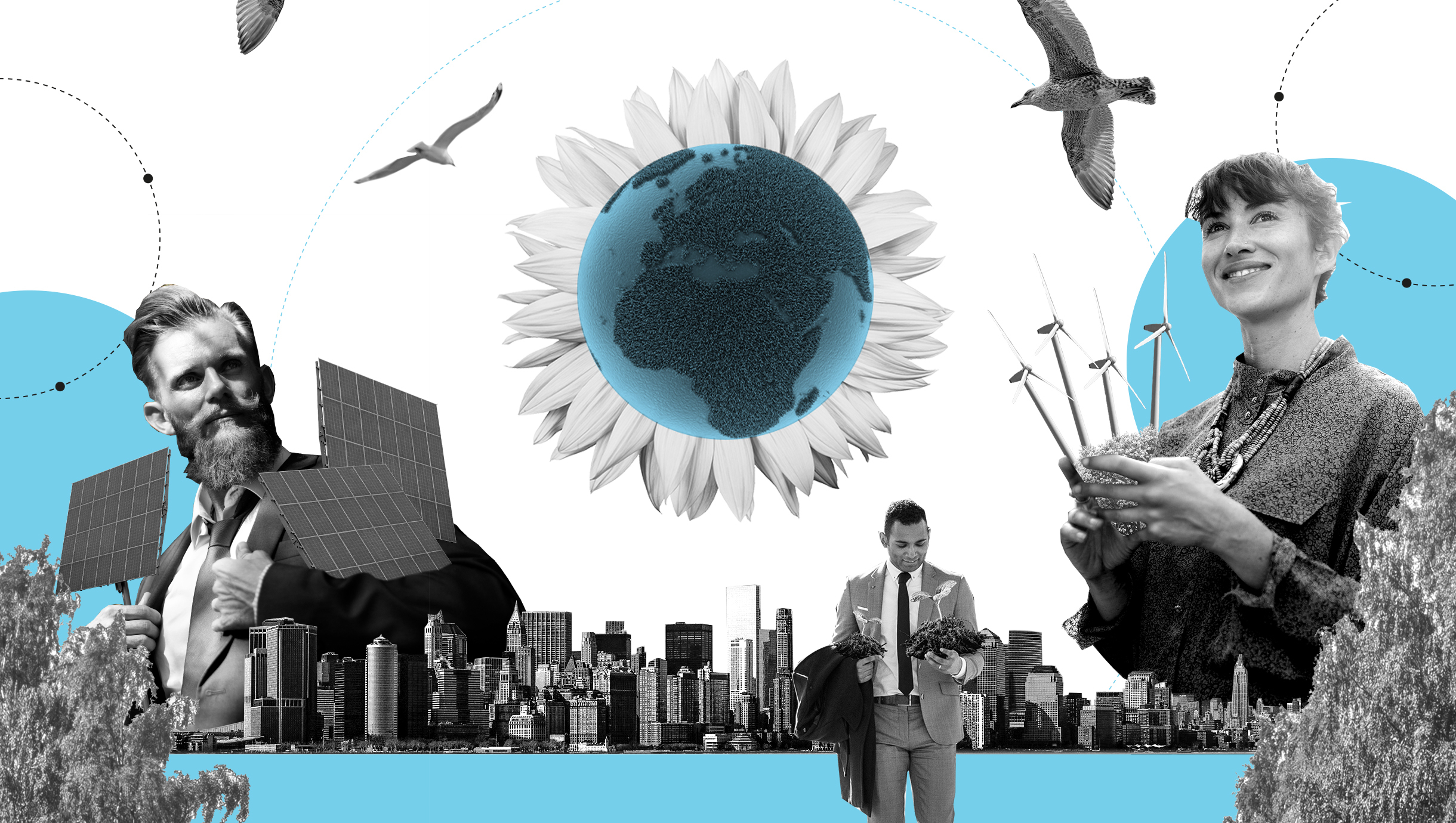
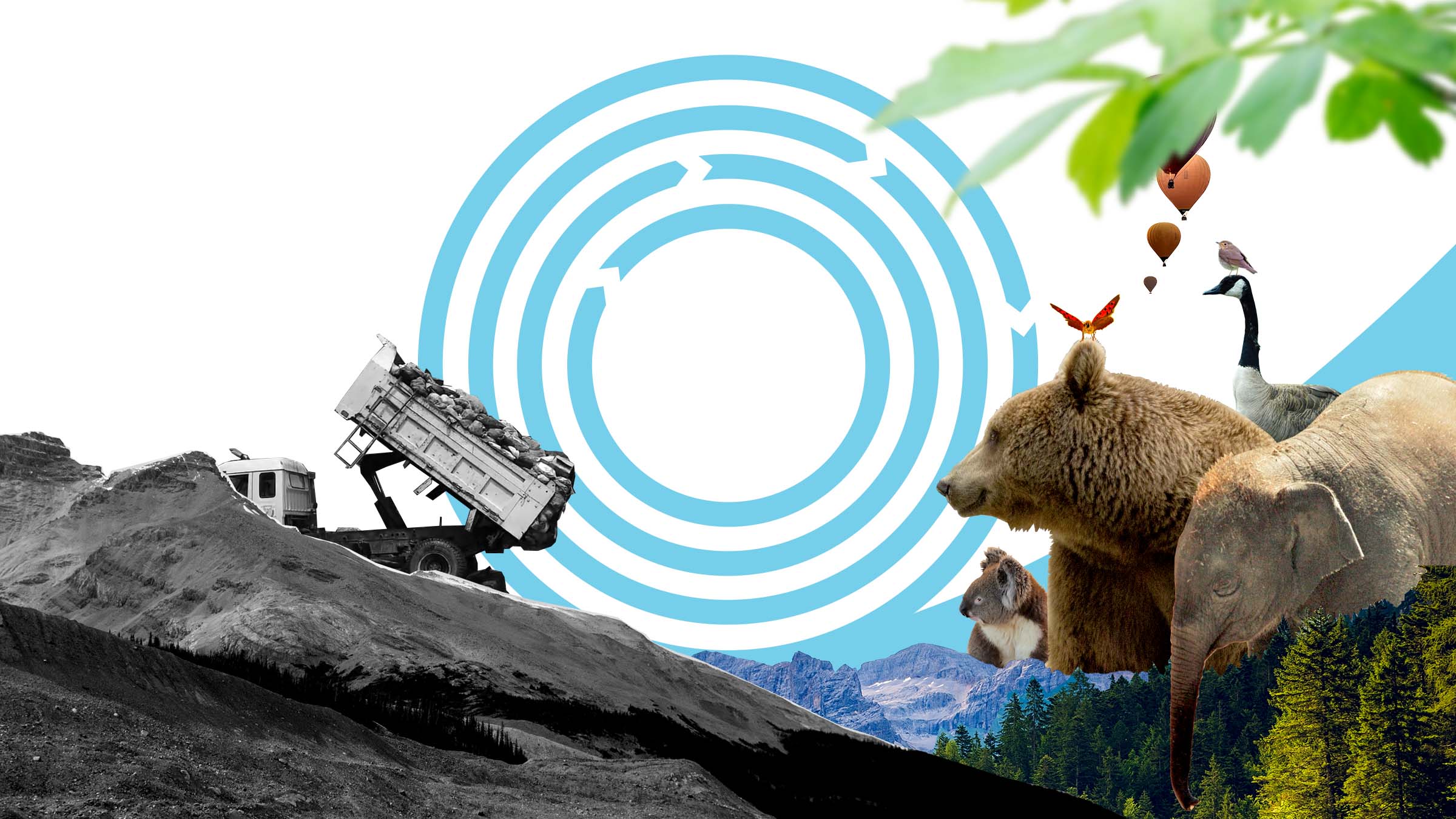
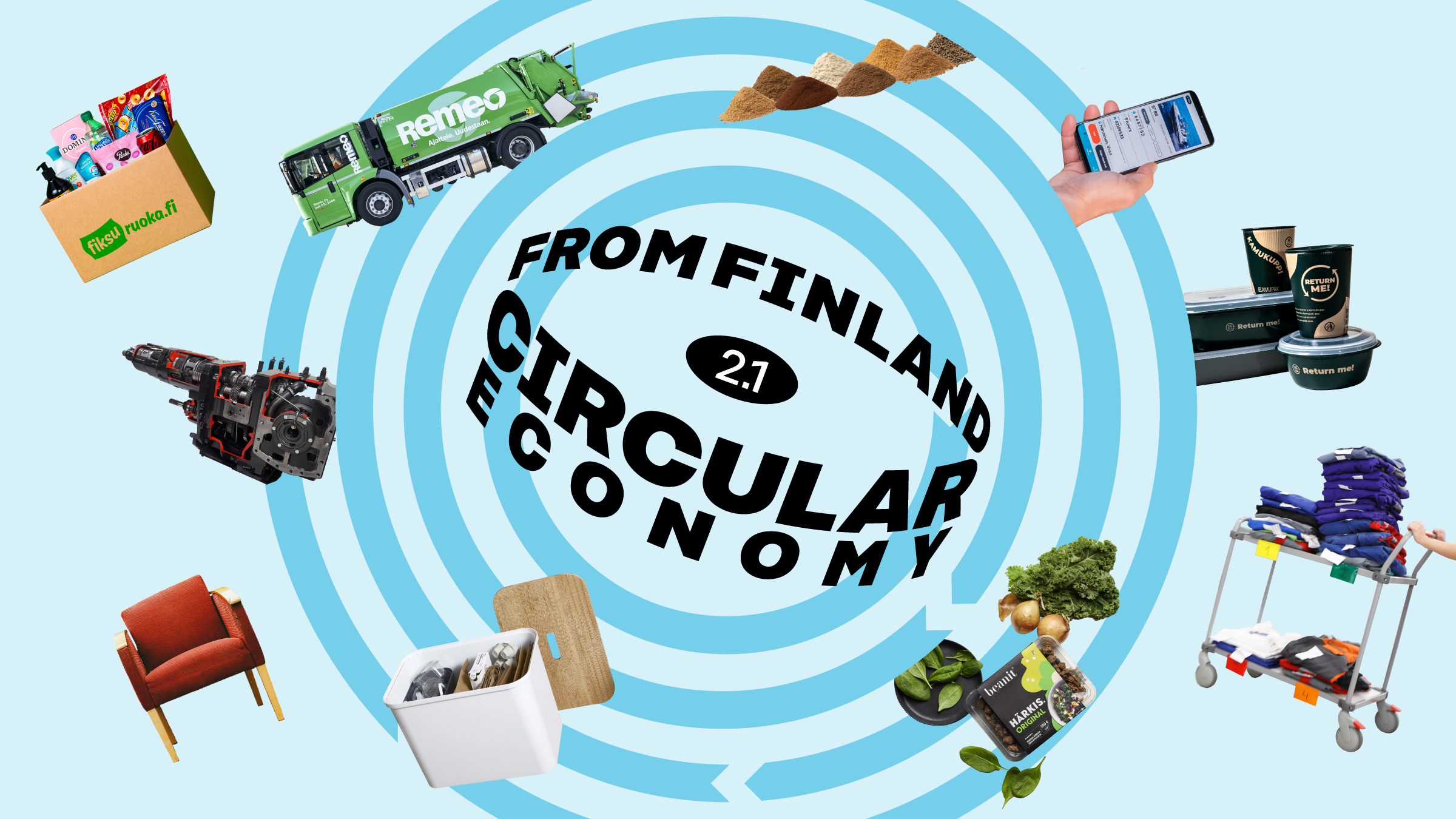





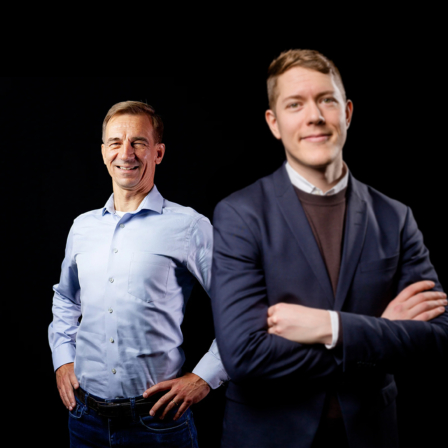



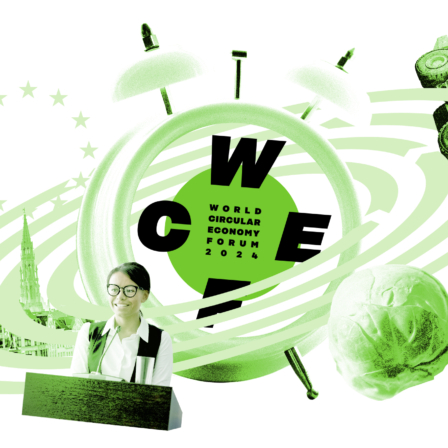


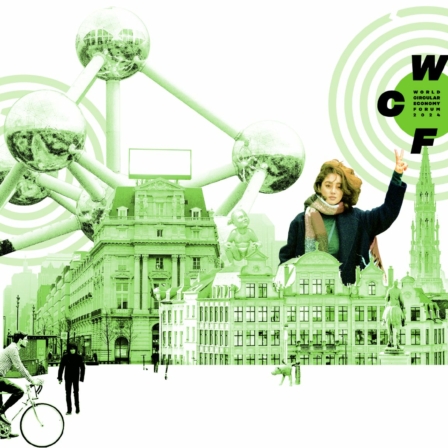

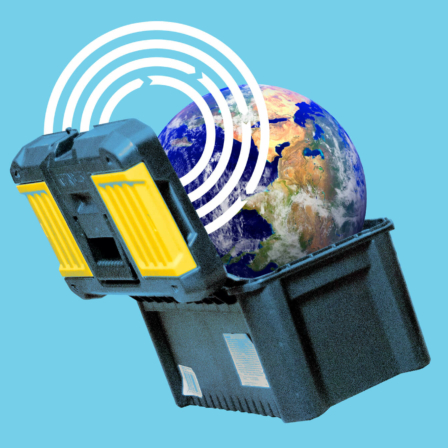
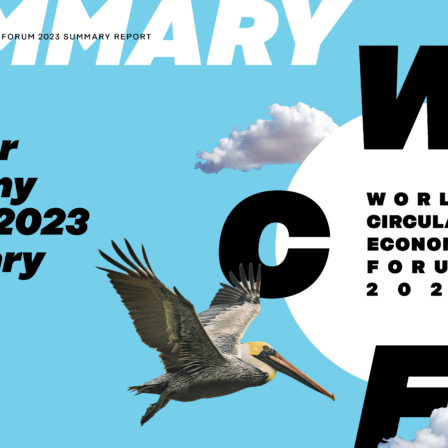
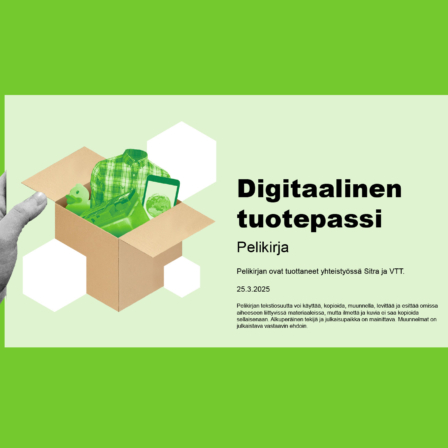



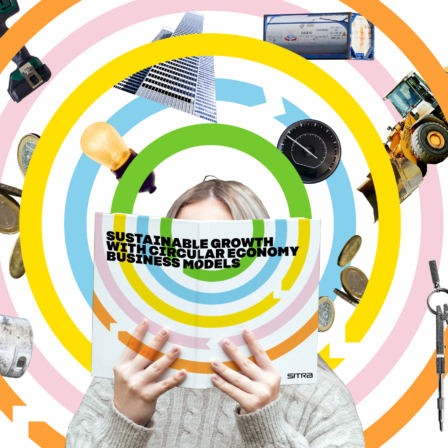










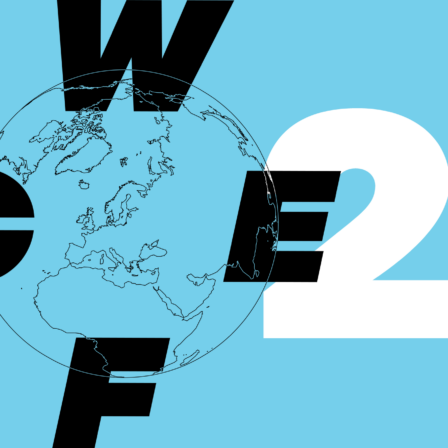





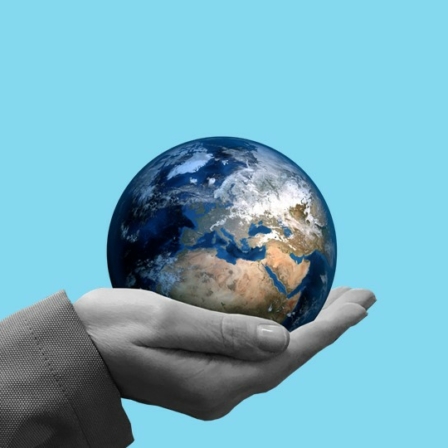






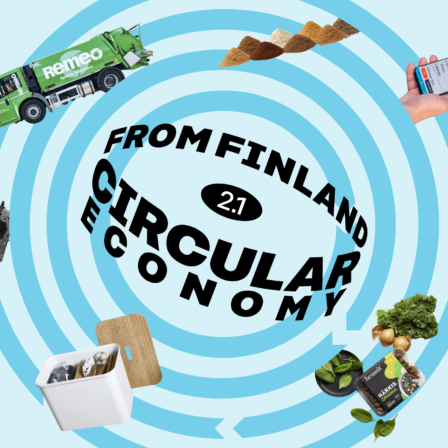
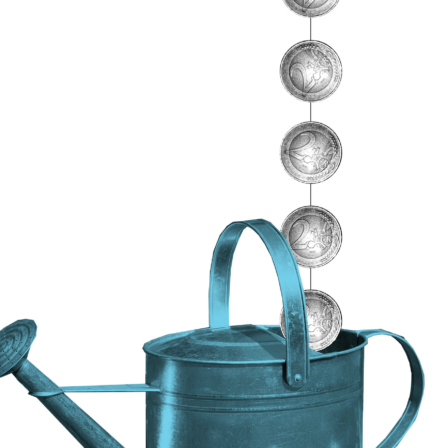




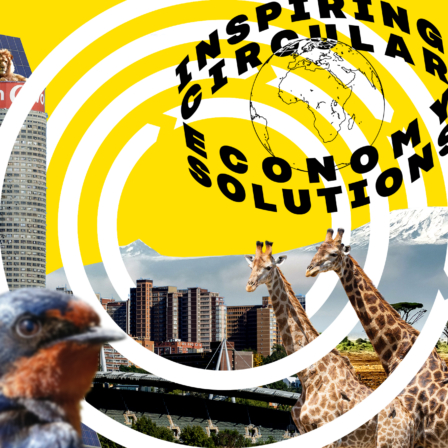




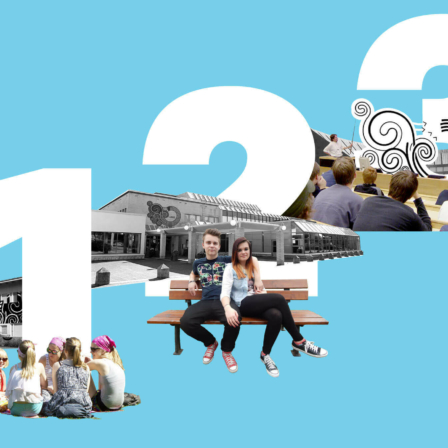

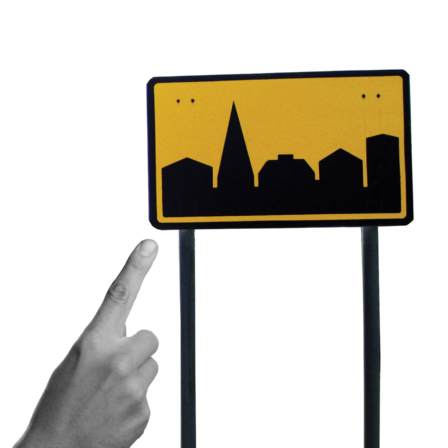




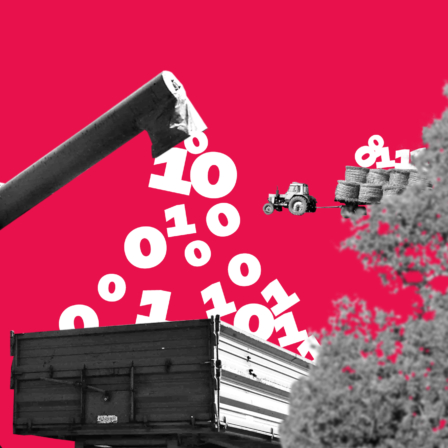


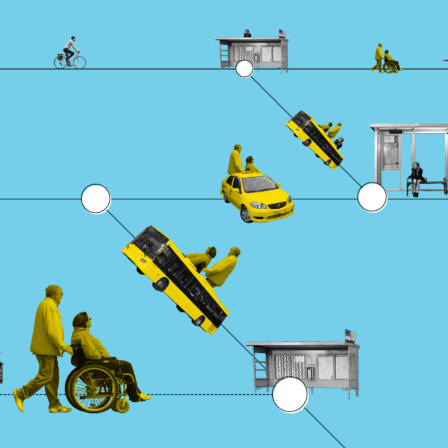










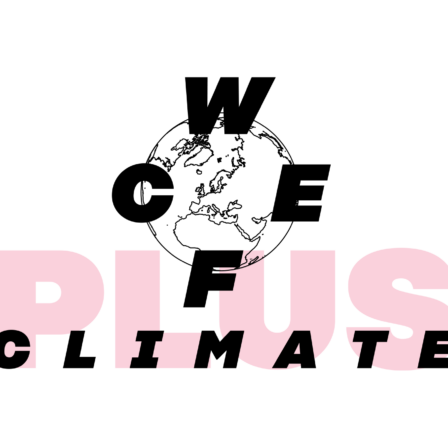




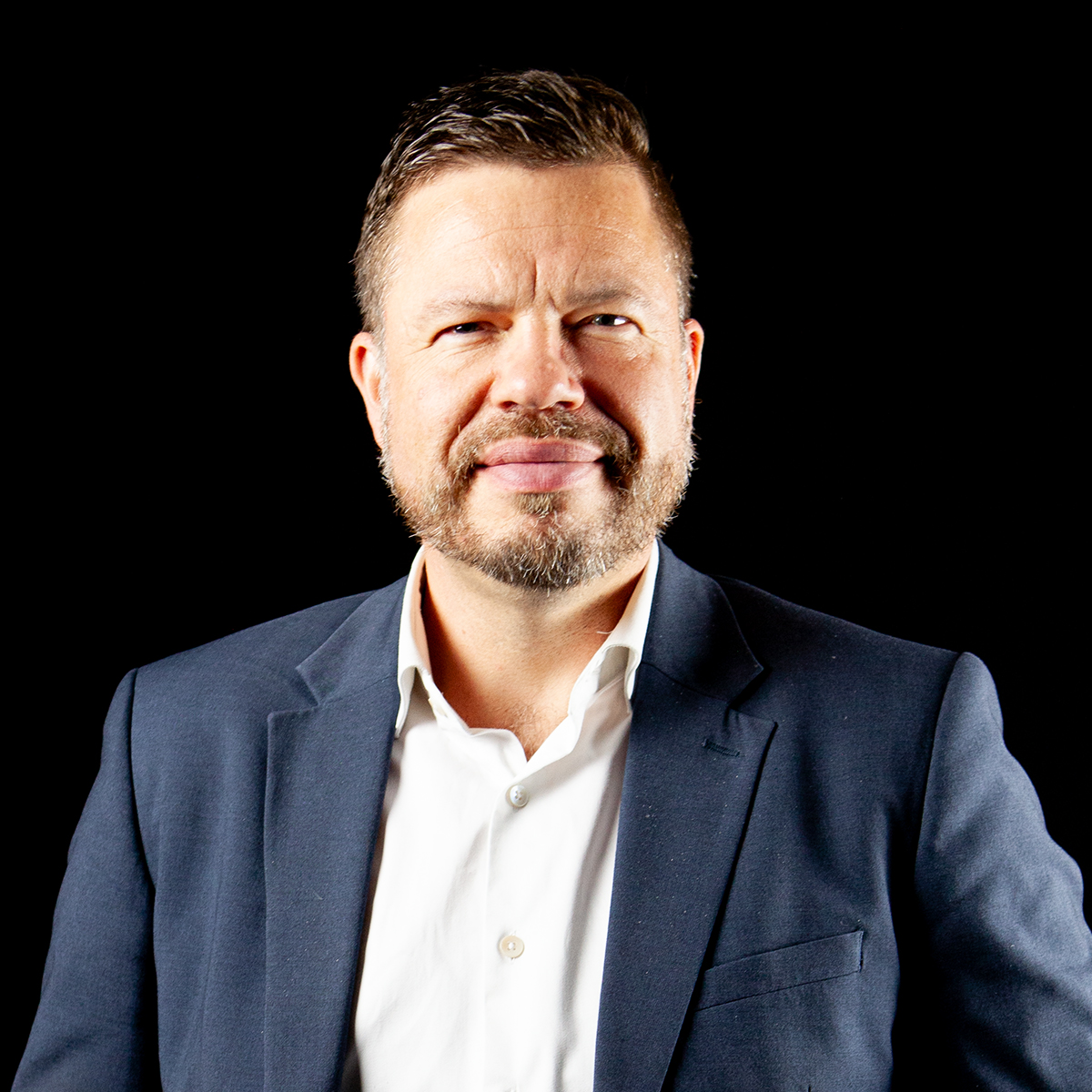
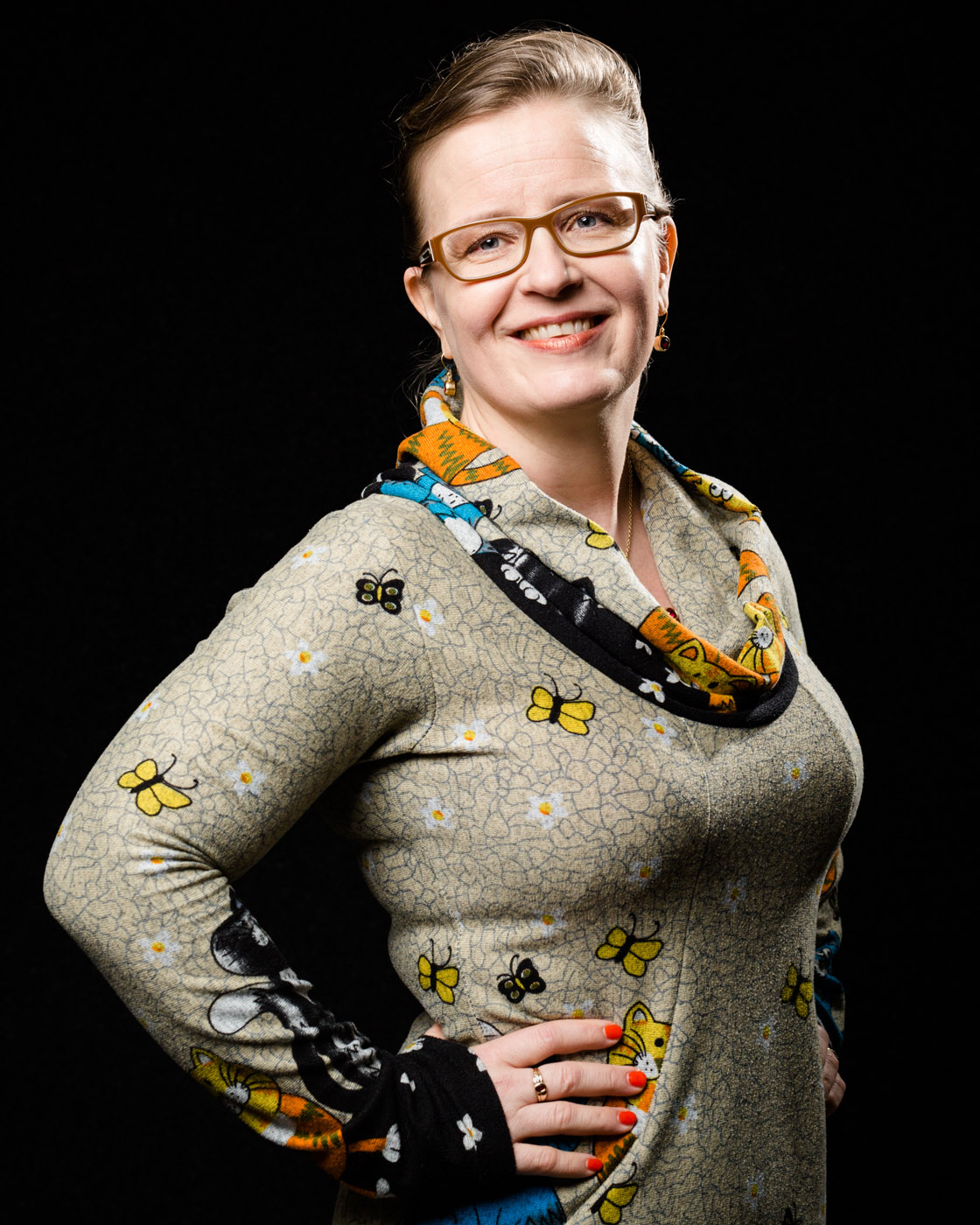
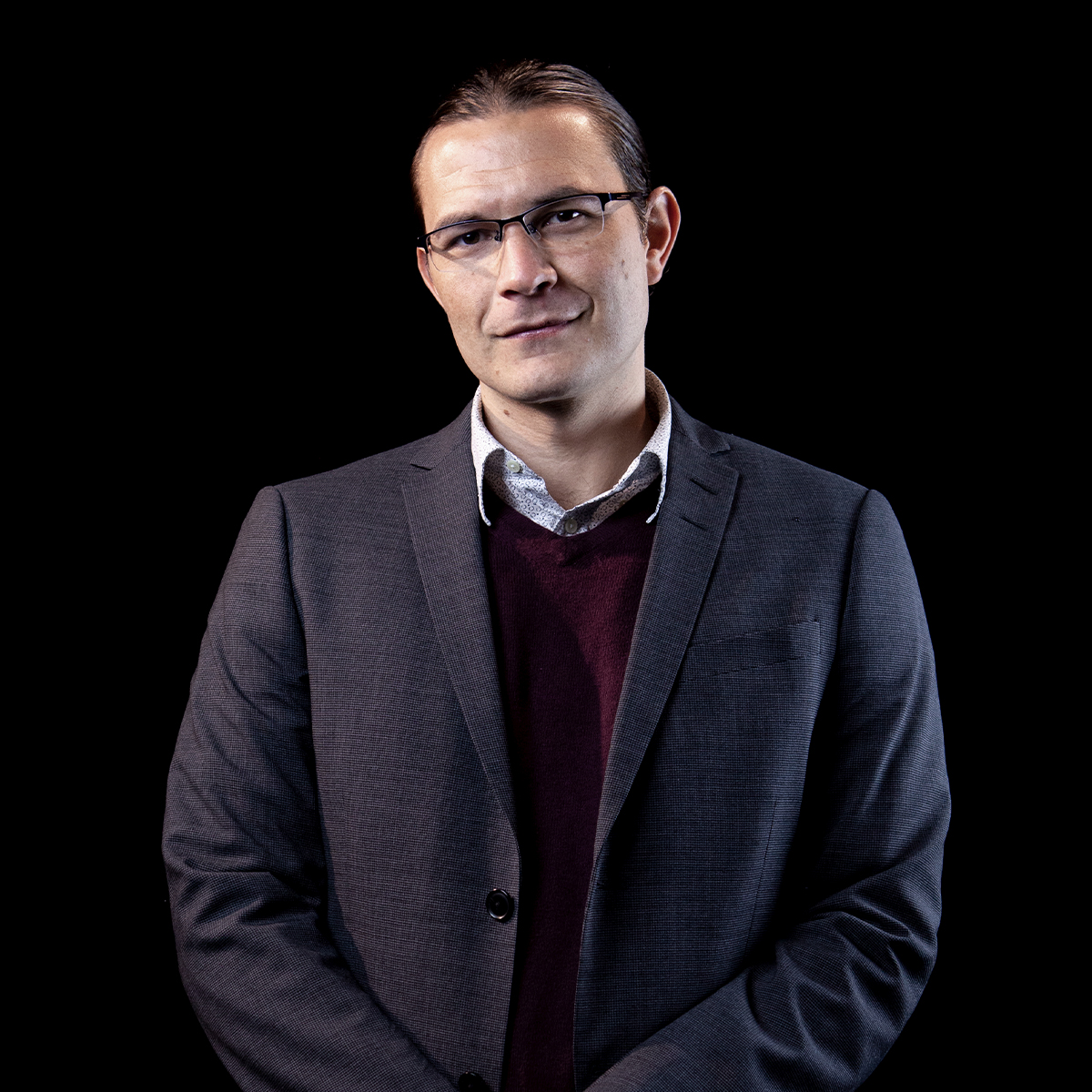
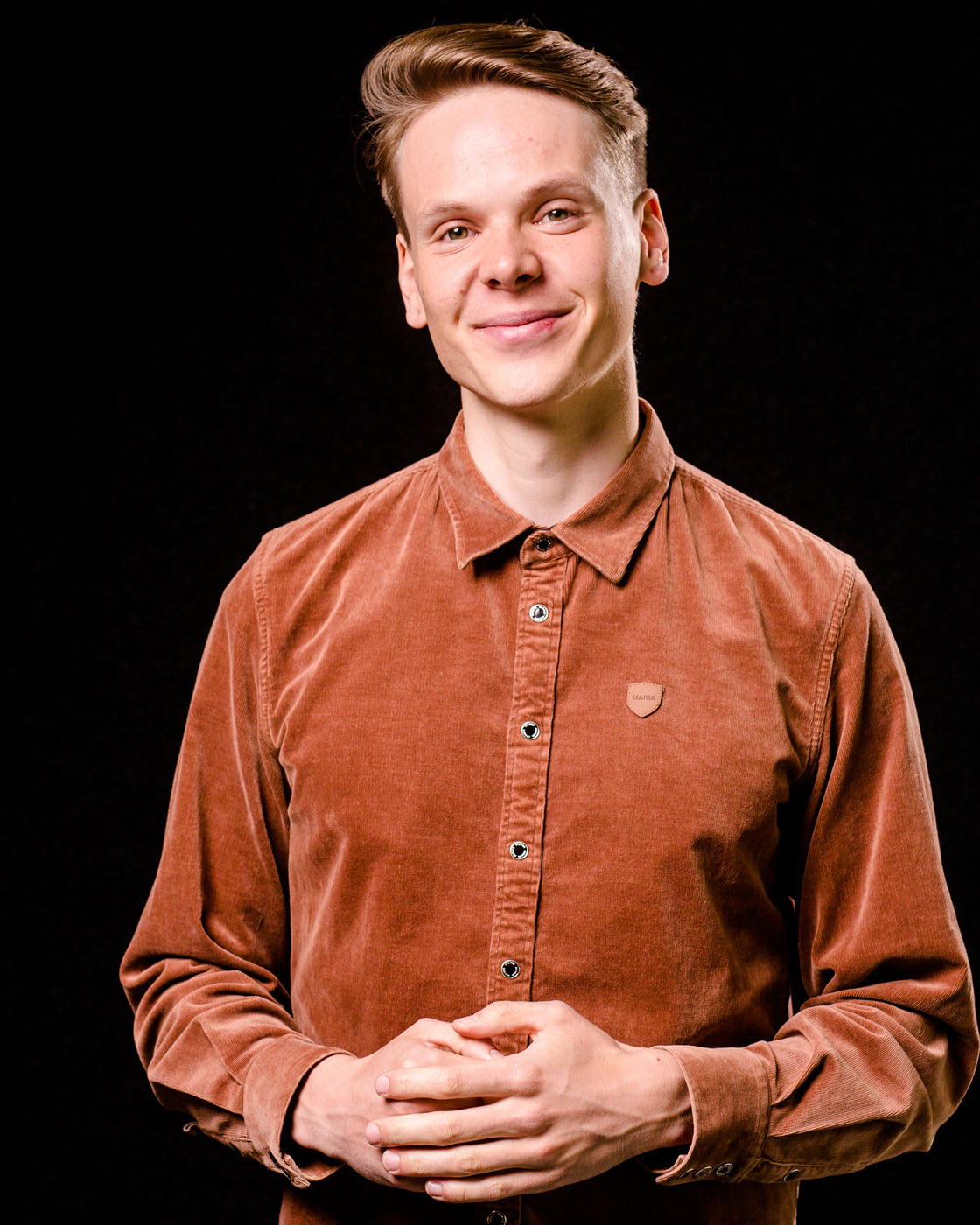
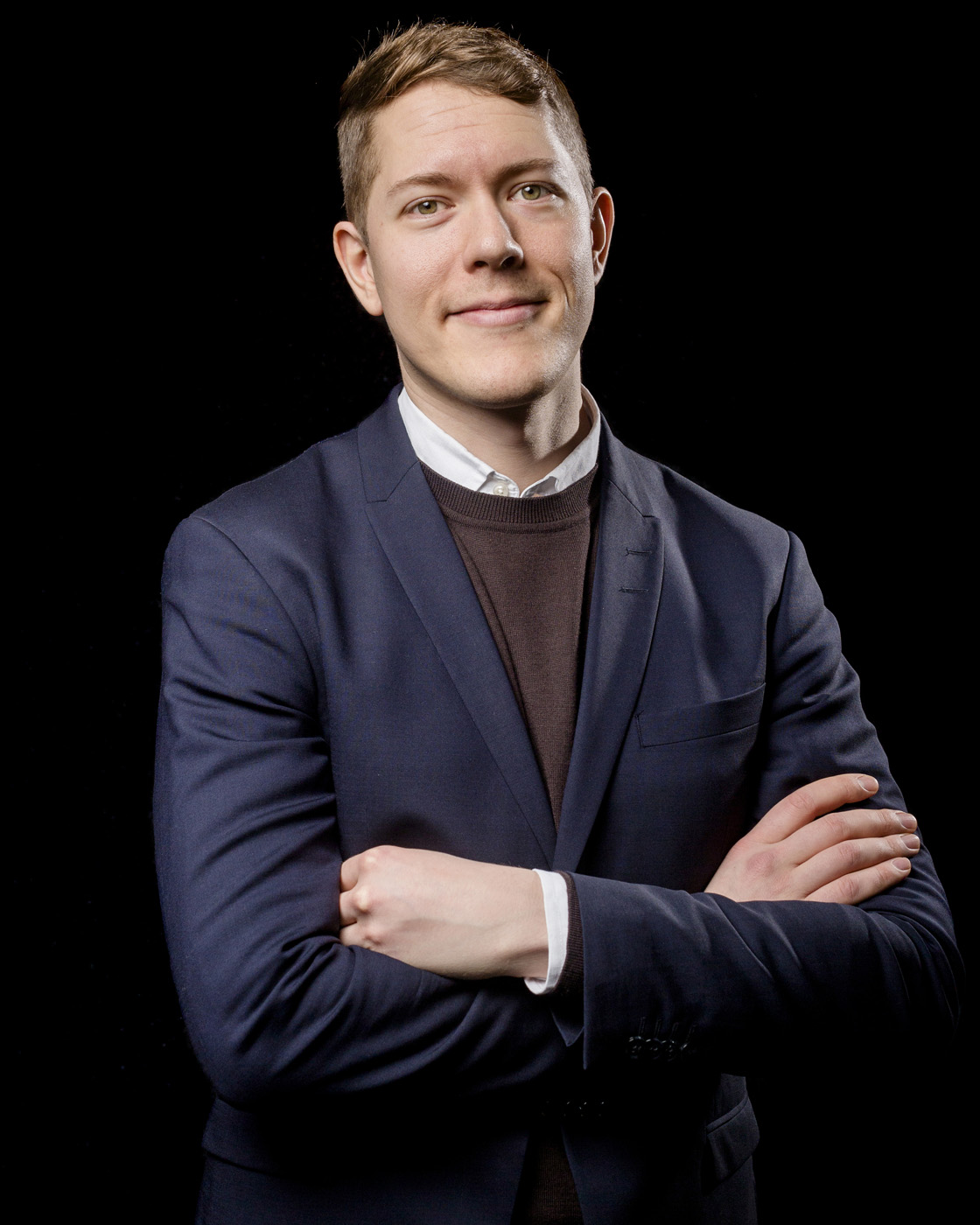

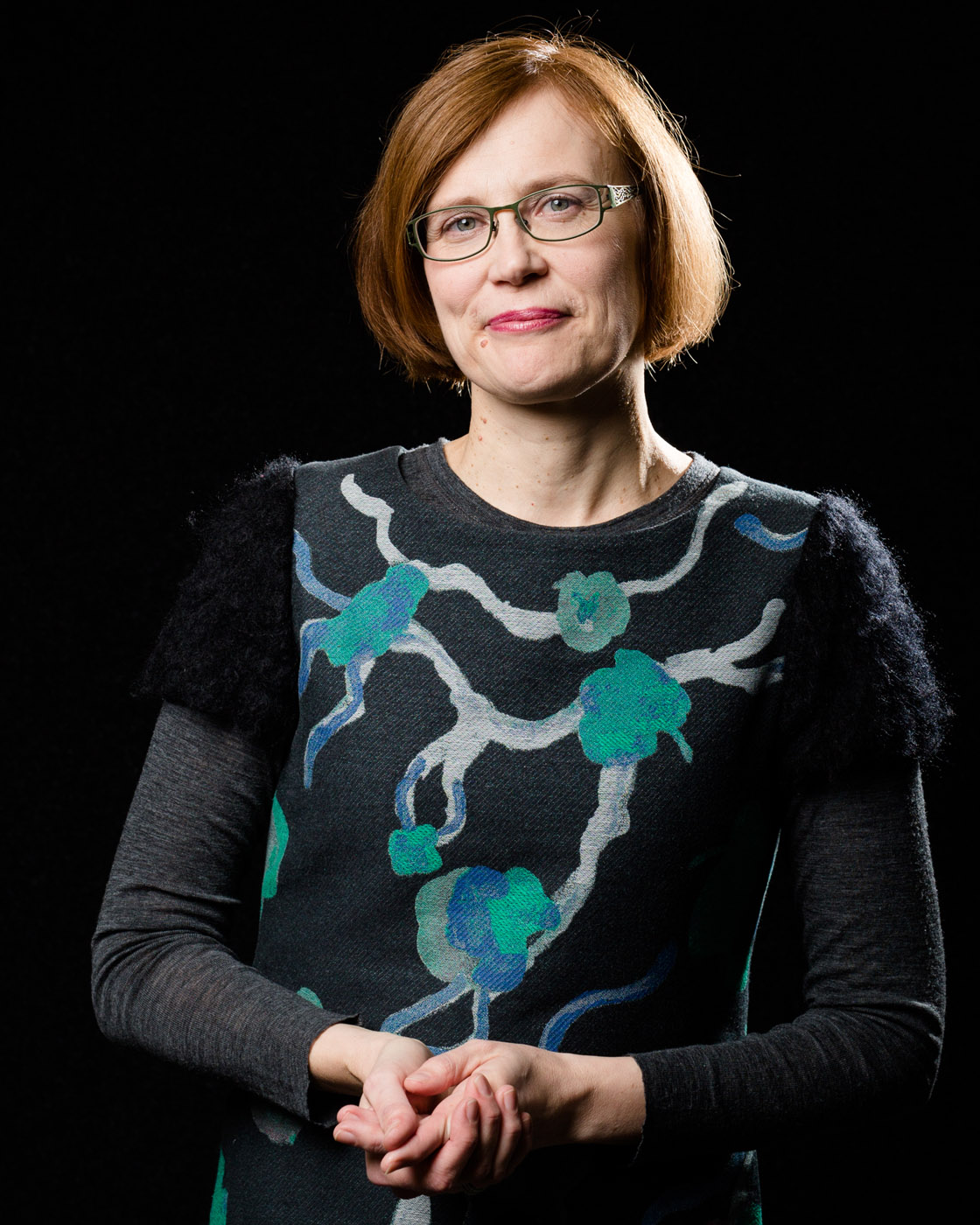

Latest